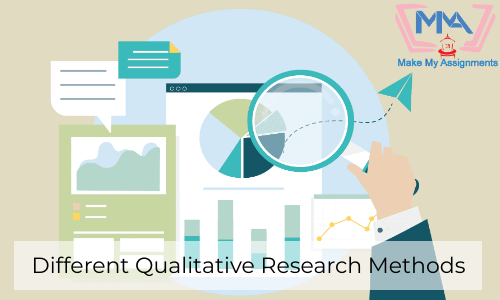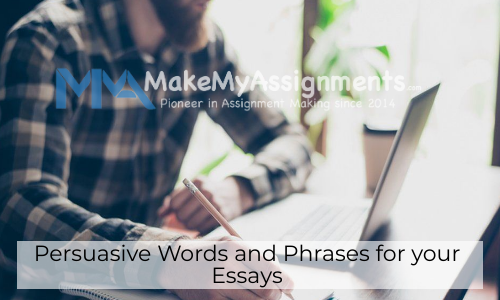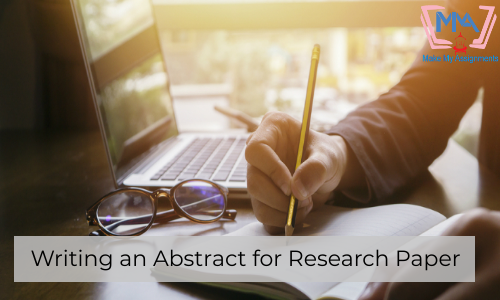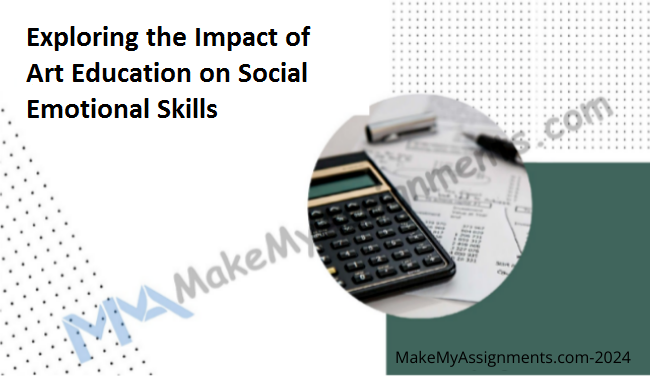
Exploring the Impact of Art Education on Social Emotional Skills
Art education is often perceived as a means of fostering creativity and self-expression. While these are undoubtedly important aspects, the impact of art education extends far beyond the realm of aesthetics. In recent years, there has been growing recognition of the significant role that art education plays in the development of social-emotional skills. From empathy and communication to resilience and self-awareness, the arts offer a unique platform for nurturing these essential skills. In this blog post, we delve into the ways in which art education influences social-emotional development and its broader implications for individuals and society.
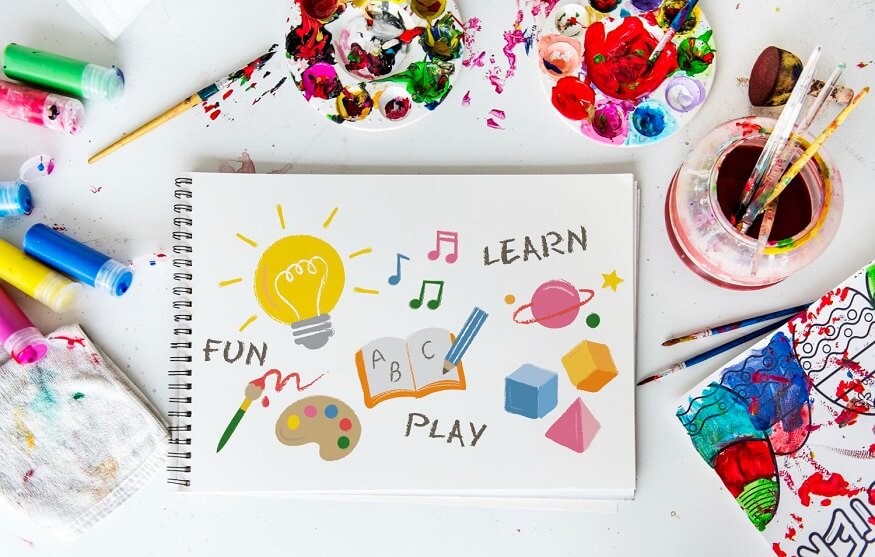
- Enhancing Empathy: Art has the power to evoke emotions and provoke thought. Through exposure to diverse artistic expressions, individuals can develop a deeper understanding of different perspectives and experiences. This heightened empathy extends beyond the realm of art and fosters more compassionate interactions in everyday life. By engaging with artworks that convey various emotions and narratives, students learn to recognize and empathize with the feelings of others, ultimately fostering a more inclusive and empathetic society.
- Encouraging Self-Expression: Art provides a safe space for individuals to express themselves freely without fear of judgment. This freedom of expression is particularly valuable for young people who may struggle to articulate their thoughts and emotions verbally. Through drawing, painting, sculpting, and other forms of artistic expression, students learn to communicate their feelings, experiences, and identity in meaningful ways. This process of self-expression not only promotes self-confidence but also enables individuals to develop a deeper sense of self-awareness and authenticity.
- Cultivating Creativity and Problem-Solving Skills: Art education encourages individuals to think outside the box and explore innovative solutions to challenges. By engaging in creative processes, students develop their problem-solving skills and learn to approach problems from multiple perspectives. This ability to think creatively and adaptively is invaluable in navigating the complexities of everyday life and finding novel solutions to social and personal issues.
- Building Resilience: Artistic endeavors often involve setbacks and failures, providing valuable opportunities for growth and resilience. Whether it’s mastering a new technique or grappling with creative block, students learn to persevere in the face of challenges and setbacks. This resilience extends beyond the studio or classroom, equipping individuals with the tenacity and grit needed to overcome obstacles in various aspects of their lives.
- Fostering Collaboration and Communication: Many art projects require collaboration and teamwork, fostering essential social skills such as communication, cooperation, and conflict resolution. Through collaborative art-making processes, students learn to listen to others’ ideas, negotiate differences, and work towards a common goal. These interpersonal skills are essential for success in both personal and professional contexts, emphasizing the importance of art education in preparing students for the challenges of the future.
MakeMyAssignments (MMA) can play a crucial role in supporting students in their journey to develop social-emotional skills through art education. Here’s how:
- Tailored Art Education Resources: MMA can curate a diverse range of art education resources, including tutorials, guides, and online courses, tailored to students’ individual interests and skill levels. These resources can cover various art forms, techniques, and concepts, providing students with the tools and knowledge they need to explore their creativity and express themselves artistically.
- Personalized Learning Experiences: MMA can offer personalized learning experiences that cater to students’ unique learning styles and preferences. Through one-on-one tutoring sessions or small group workshops, students can receive individualized guidance and feedback from experienced art educators. This personalized approach fosters a supportive learning environment where students feel empowered to experiment, take risks, and grow as artists and individuals.
- Mentorship and Guidance: MMA can connect students with experienced artists and mentors who can provide guidance, inspiration, and encouragement along their artistic journey. These mentors can offer valuable insights, critique, and support, helping students develop their artistic skills and confidence. Moreover, mentorship relationships can also serve as a source of emotional support and encouragement, nurturing students’ social-emotional well-being.
- Community Engagement and Collaboration: MMA can facilitate community engagement and collaboration opportunities that allow students to connect with peers who share their passion for art. Through online forums, group projects, and collaborative events, students can collaborate, share ideas, and learn from one another. These collaborative experiences not only enhance students’ artistic skills but also promote teamwork, communication, and empathy.
- Holistic Support Services: In addition to art education resources and mentorship, MMA can offer holistic support services that address students’ broader social-emotional needs. This could include access to counseling services, mental health resources, and support groups, ensuring that students receive the support they need to thrive personally, socially, and academically.
By leveraging its platform and resources, MakeMyAssignments can empower students to develop social-emotional skills through art education, equipping them with the tools, support, and inspiration they need to unleash their creativity and reach their full potential.

